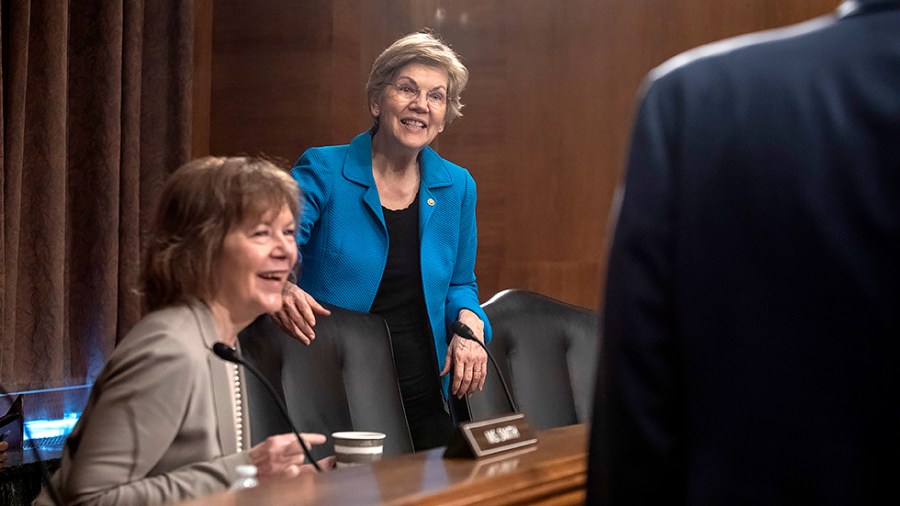
Democratic Sens. Elizabeth Warren (Mass.) and Tina Smith (Minn.) are reintroducing legislation aimed at strengthening U.S. pharmaceutical supply chains, warning the U.S. is overly relying on other countries for medications.
The Pharmaceutical Supply Chain Defense and Enhancement Act was first introduced in 2020, not long after the start of the COVID-19 pandemic. The bill was spurred by concerns over the U.S.’s pharmaceutical supply chain resilience.
The provisions of the bill include:
- Requiring the head of the Food and Drug Administration (FDA) and the Secretary of Defense to put together a list of what the bills calls “critical drugs,” those that are deemed essential for public health and national security.
- $1 billion to the Biomedical Advanced Research and Development Authority (BARDA) every year for five years to enhance the national manufacturing capacity of “critical drugs” and lower domestic production costs.
- Requiring the Department of Defense, Veterans Affairs, Department of Health and Human Services and Federal Bureau of Prisons to purchase American-made drugs and providing the necessary funding to buy said drugs.
Additionally, the legislation would also require drugmakers to provide an annual report to the FDA regarding the source of their pharmaceutical ingredients used for products sold in the U.S. The Federal Trade Commission would also be ordered to produce a report on the impacts of foreign investment in the United States’ pharmaceutical industry, in consultation with the Department of Commerce.
“A strong, reliable supply chain for life-saving drugs will prevent shortages and protect American families,” Warren said in a statement. “This bill will end our overreliance on foreign countries and give us the tools we need to produce the critical drugs that millions of Americans depend on here at home.”
Smith said the need to address supply chain vulnerabilities is a “matter of public health and national security.”
“I’m glad to work with Senator Warren on this bill that strengthens our country’s capacity to manufacture critical drugs on U.S. soil and closes gaps in our supply chain,” added Smith. “This will help lessen our over-reliance on other countries and make sure Americans can get the drugs they need.”
The U.S.’s own domestic supply chain suffered a severe blow earlier this year when Hurricane Helene temporarily shut down a North Carolina facility that supplied the majority of intravenous solutions used in the U.S. The shutdown compromised thousands of patients’ care and led to the FDA approving temporary imports of IV solutions from abroad.












